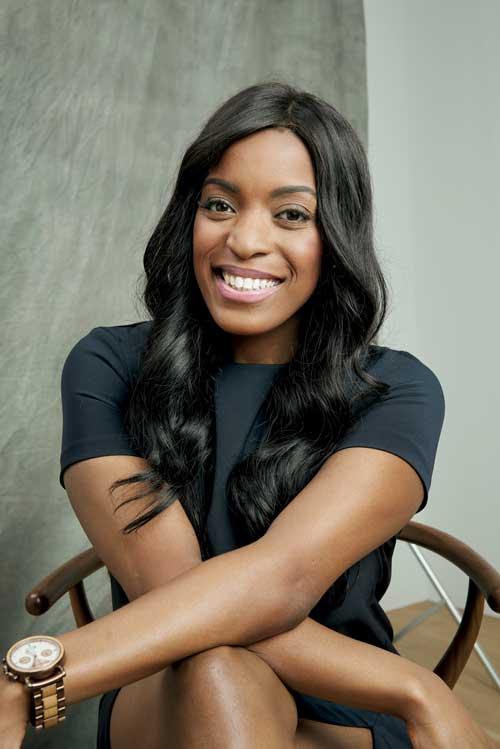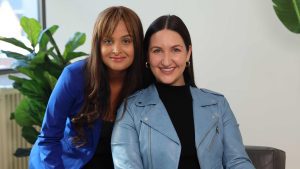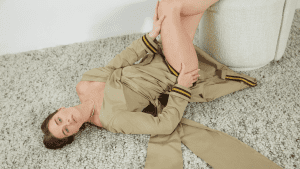From startups to restaurants to high-tech corporations, women are taking the business world by storm and leaving their mark. CEO of Whisky Wisemen Society, Lesley Brown, brings people together for whisky tastings, networking opportunities, and to give back to their communities.
Lesley Brown studied international relations and marketing at Ryerson University and worked for G(irls)20 after graduation. There she reported directly to the CEO—who is now the CEO of the Malala Fund—and would later move to the west coast.
The man subletting her Toronto apartment turned out to be a whisky ambassador. Bonding over a mutual passion for the drink, he led Brown and 15 other women through their first whisky tasting.
In Vancouver, Brown lifted Topshop and Topman store to become the best-selling international store and transitioned into working in private equity—primarily in logistics and investor relations. She also joined the board of directors at Whisky Wisemen.
The organization based around social philanthropy hosts charity fundraising tastings every #ThirdThursday toward good causes in the community as well as croquet and golf events for good causes.
“I pitched to my peers I would like to quit my day job and become the first-ever CEO of the organization and drive division of the organization. I got formally voted in two months later,” Brown says.
When she became heavily involved, her first initiative was creating both a men’s and women’s private membership club, called Club Wise. The club brings together people from different ages, industries, levels, and varying levels of experience.
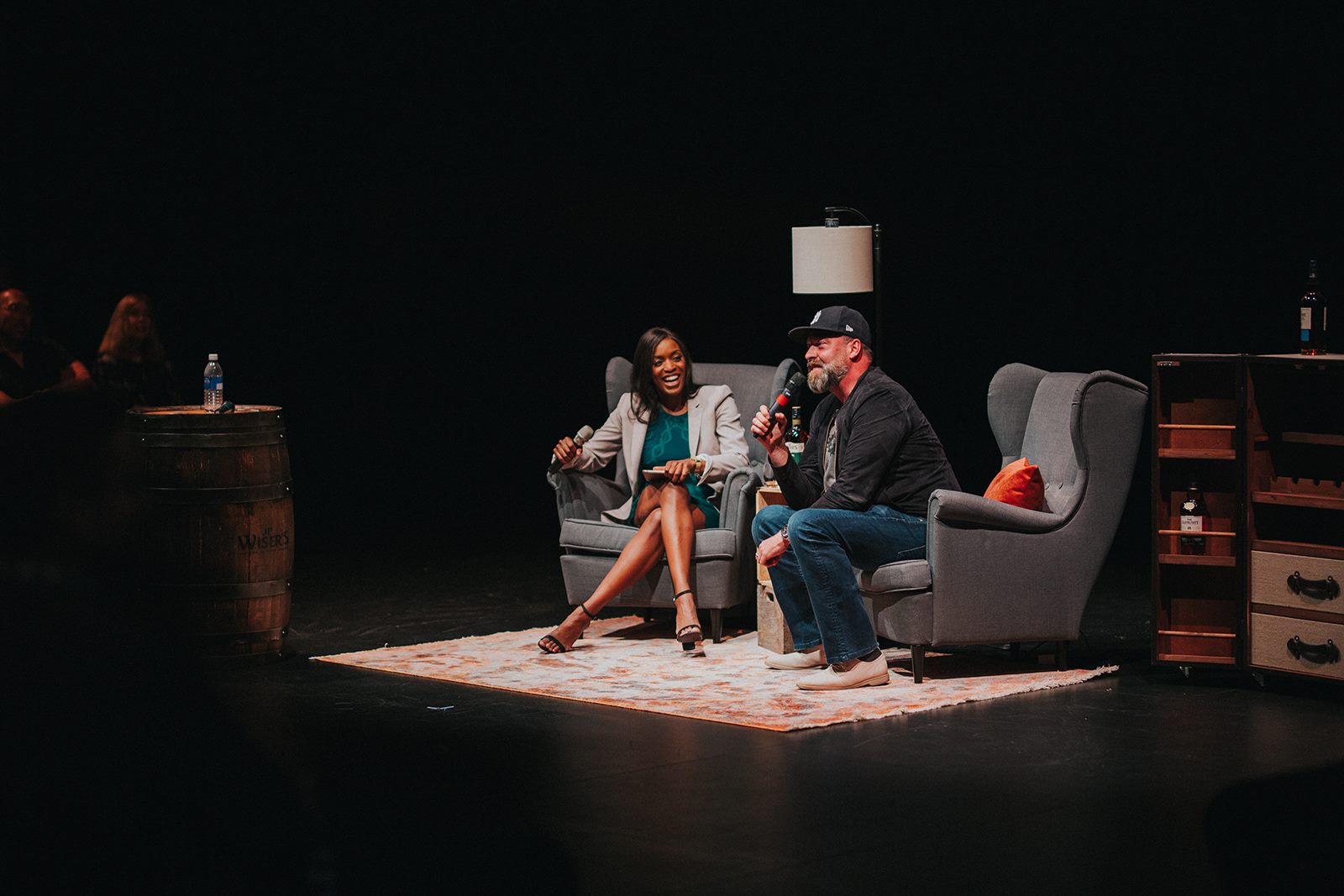

The women’s club is based on the notion that “men come together all the time and talk over business—why [couldn’t] we get a women’s group just as strong and just as motivated for the same [reason]?” Brown says. Both clubs embrace inclusivity, being mindful of using language like hey guys for example, and featuring a Women of Influence speaker series.
Whisky Wisemen has donated over $90,000 to 13 different charities from their successful whisky-related events. They host a range of whisky tasters, from first-timers to people lining up to get the latest and greatest bottles. Their current chapters are in Vancouver, Victoria, Calgary, New York City and Grand Cayman Island.
Coming together for these social opportunities, Brown says they “want to ensure that relationships are sustainable. We don’t want to just come around and drink whisky—there’s plenty of places to do that. We want to donate back and create a place that encourages everybody to be better, act better and be more community-oriented,” Brown explains.
Here, a conversation with Brown.
Whisky Wisemen gets these groups together and encourages people to push the boundaries and reach their maximum potential. Do you feel that you’ve reached your potential?
I don’t think so. I’m pretty young. I think your maximum potential isn’t one defining moment. It’s something that as you grow, it grows as well. I think every day I’m trying to push to reach that maximum potential of the day, which hopefully will give me the year, which hopefully will give the overall.
What do you do to better yourself each day?
For myself, being a competitive sailor is really important. You’re leaving land, you’re leaving all problems, and it’s your time in nature. The only problems that you have are the problems that you either created or ones that you’ve brought in the boat. Sailing has been a solid part of my overall routine of keeping myself grounded. I also thoroughly enjoy watching Trevor Noah on my lunch break but I say physical [health] is an important aspect. When I don’t exercise or sail, I become a terrible person. It’s like a smoker going off cigarettes for a week.
What is the best lesson you learned from sailing?
My first race I ever did, I was there with a partner and we would have been 13—maybe 14. We’re in the boat, [both] excited. We line up at the start line, things are going well and around the mark we see all these boats capsize because there was a lot of wind. We decided not to fly one of our specific sails because it would give us too much power and finished the race in third.
My coach motors over and he [said] he’s proud and the next time we go around the mark, if we don’t put up our spinnaker, he’s going to write something obscene on our boat so that all the boats will look at it and see it as we were passing, because no matter what, we always put the sail up.
Off from the start, we were in the first place and when we got to that same mark, we put the sail up the sail. We’re [thinking] nothing can go wrong until it did, and the boom—a heavy metal part of the boat—swings across and smacks me in the forehead. The boat tips over, I’m under the boat, the skipper is banging on top of the boat until we finally get it upright. We look up and we’re in last place, soaking wet and terrorized by what we had just gone through.
My coach [said] that’s going to be the best race you’ve ever done because that’s the race that you challenged yourself to. It’s not always going to work, sometimes you’re going to end up with a boom in your head, but you’re not only going to be in the first place, you’re going to win the overall. That was one of my most memorable sailing experiences.
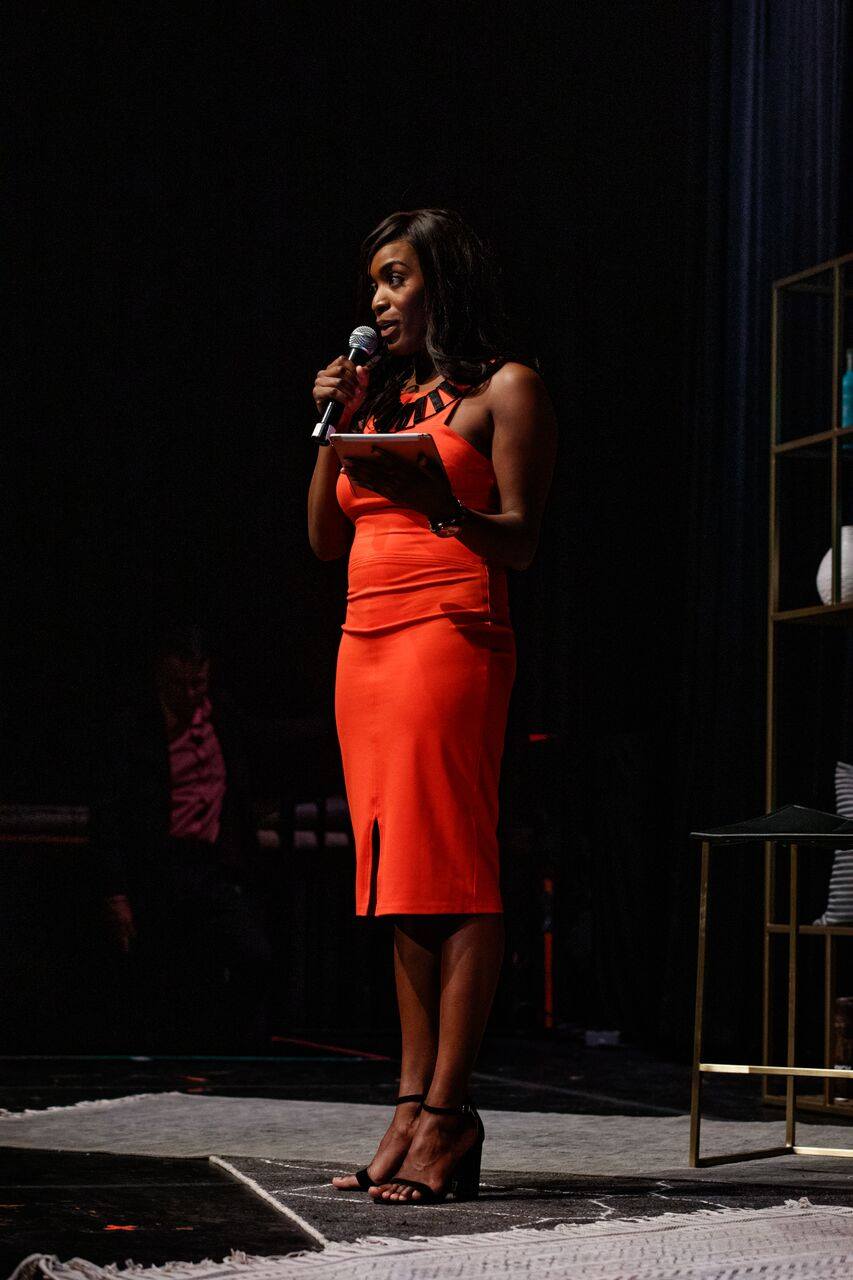

Which obstacles did you overcome to get to where you are now?
I am dyslexic. That’s probably one of my biggest that I had to overcome from a young age, being dyslexic and then being a young black woman. I don’t know if that’s intentional or unintentional, but you can be very easily pushed into areas that I didn’t want to go into. My mother was one of my strongest advocates. She wasn’t scared to advocate on my behalf until I was at a position where I sat down. I had [teachers] who restarted education for me.
My biggest obstacle was [growing] up in Oakville—a predominantly white, very wealthy area—as a black child. I think that for me is partially why leading a room full of many men in the room is a bit more natural because I’m used to walking in a room and not seeing a lot of people that look like me. I didn’t have problems necessarily, but it’s something that you have to learn how to adapt to. You can’t look for familiar faces. You have to push on and get your board meeting finished. You have an agenda that you need to get accomplished. That’s what you’ve got to do.
What’s the next move for Whisky Wisemen and yourself?
I mean global domination has always been my goal. The Whisky Wisemen goals overall are to create something sustainable, by creating channels that will leave the organization still alive ten, 20, years from now. There are some projects I’m working to solidify that.


